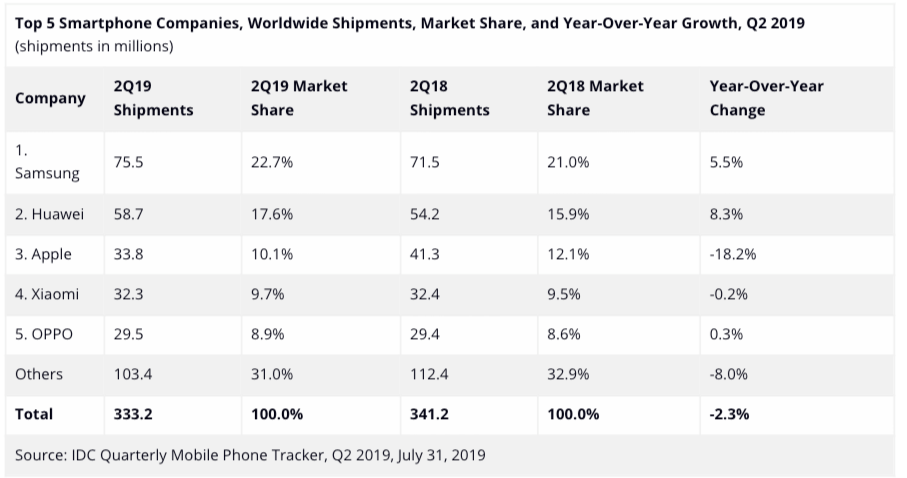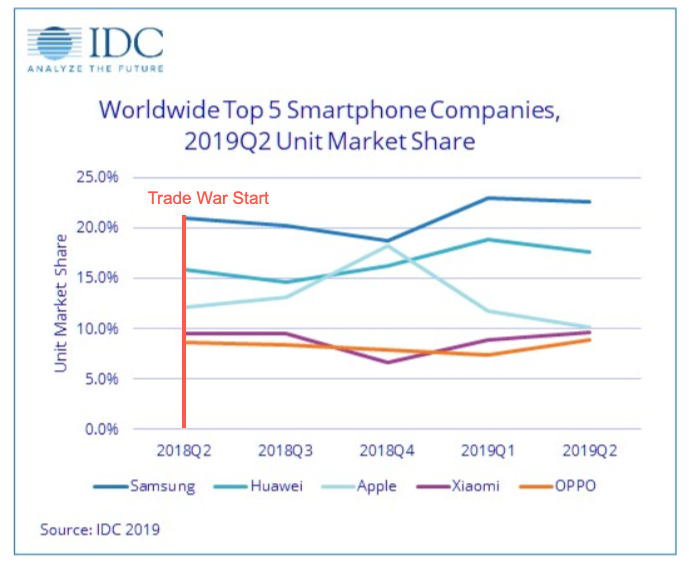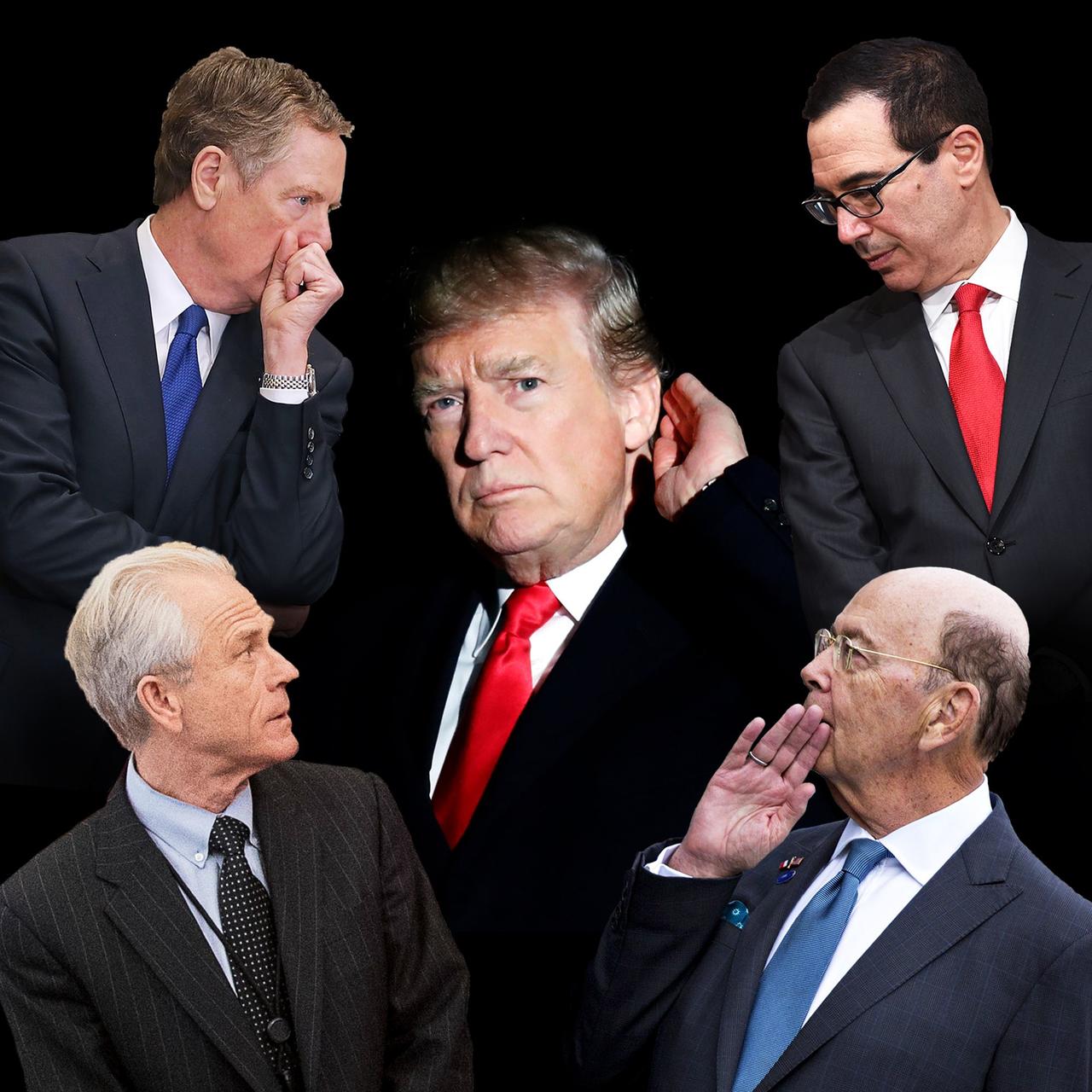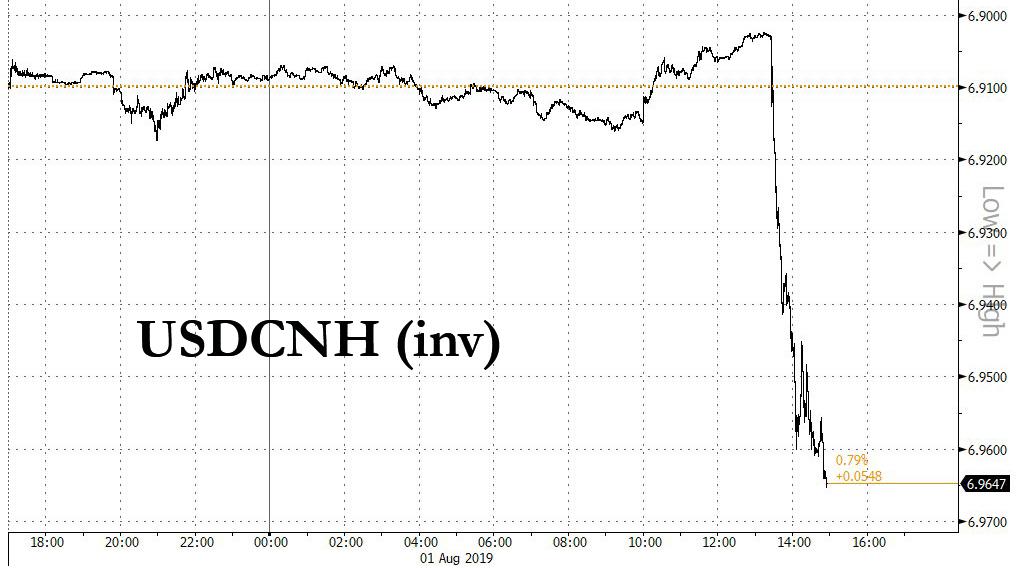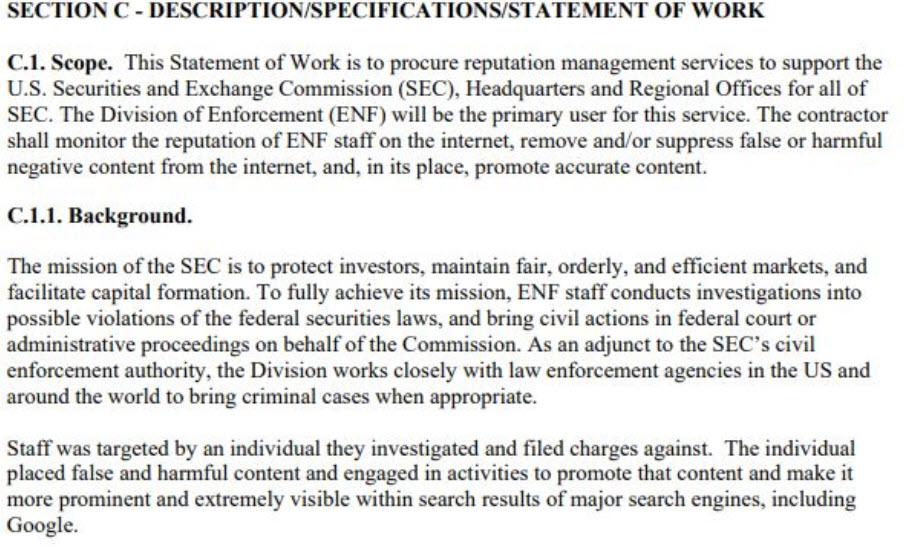One of the most lucrative contract wins for Amazon’s AWS division suddenly appears to be on the rocks.
The Pentagon’s $10 billion Joint Enterprise Defense Infrastructure (JEDI) cloud-computing contract is under review according to Bloomberg, following instructions from the new Defense Secretary Mark Esper after President Trump endorsed criticism that Amazon.com Inc. is being given an unfair advantage for the contract.
Esper, who took over as Pentagon chief last week, is looking at the contract and “no decision will be made on the program until he has completed his examination,” Elissa Smith, a Defense Department spokeswoman, said in a statement Thursday.
Following a July 10th report from the WSJ which exposed extensive conflicts of interest involving Amazon and the Pentagon, and validated skeptics – such as this site – who claimed that Bezos had muscled his way into one of the most lucrative government contracts in years thanks to kickbacks, Trump stunned tech companies, the Defense Department and lawmakers this month when he openly questioned whether the pending contract is being competitively bid. He said he’d heard complaints from companies such as Microsoft Corp., the No. 2 contender, and Oracle Corp., which was eliminated from the competition earlier this year.
Both have correctly argued that the terms favored Amazon, whose founder, Jeff Bezos, is one of the president’s longtime nemeses.
The project, which had been championed by former Defense Secretary Jim Mattis, was never supposed to be this controversial, and had a simple goal – to bring the Pentagon’s technology into the modern era. Instead it ended up a feeding frenzy for cloud companies. Despite criticism, the Defense Department maintained that the system would work best if a single company created a single data repository for use from generals at the Pentagon to warfighters in the field. In retrospect, that was a terrible decision.
“I’ve heard from everybody” about the cloud contract, “and that’s one of the things I want to take a hard look at,” Esper told reporters on July 24. A number of lawmakers raised questions about the contract even before Trump weighed in.
As Bloomberg adds, the JEDI contract wouldn’t be awarded until late August at the earliest according to Dana Deasy, the Defense Department’s chief information officer, so Esper’s review wouldn’t necessarily result in a major delay if it postponed the award into September.
On July 12, Oracle lost a legal challenge to the cloud contract. In its lawsuit, Oracle claimed that the procurement requirements ruled out most companies and that the process has been marred by conflicts of interest, including ties between former Defense Department officials and Amazon.
Federal Claims Court Senior Judge Eric Bruggink found that Oracle didn’t have standing to challenge the terms of the contract but that at least one of the justifications the Defense Department used to support its single-source strategy for the contract was flawed.
Bruggink also said the conflicts of interest alleged in Oracle’s lawsuit “raise eyebrows” but ultimately the Pentagon was right to determine that they didn’t affect the procurement.
“As DOD has asserted all along, and as confirmed by the Court, DoD reasonably evaluated and equally treated all offerors,” Pentagon spokeswoman Elissa Smith said at the time. “The court’s decision unequivocally concludes that JEDI is a full and open competition and, despite uninformed speculation to the contrary, its integrity remains intact.”
Well, the integrity remains intact for now, until there is clear evidence that the world’s richest man used the only currency that matters to make sure he has even more of it.
For a detailed history of the twists and turns in the Pentagon’s push for one of its most important tech procurements, read the following report from Next Gov.
via ZeroHedge News https://ift.tt/2GGXk6t Tyler Durden


